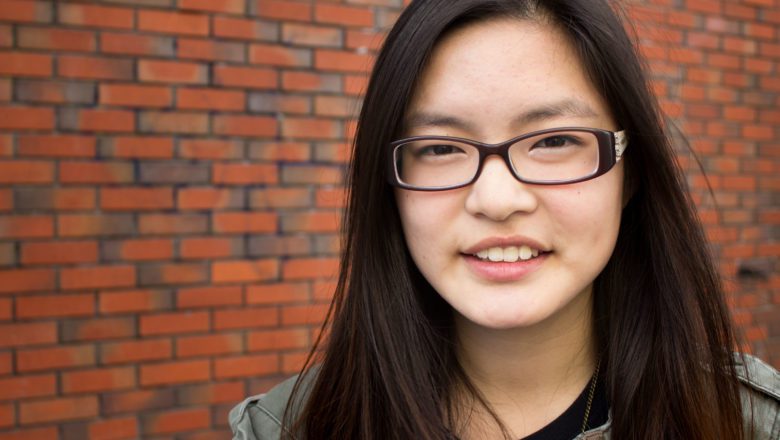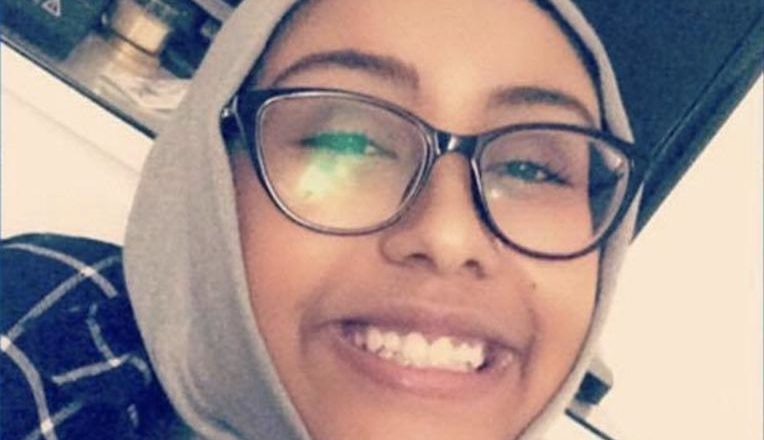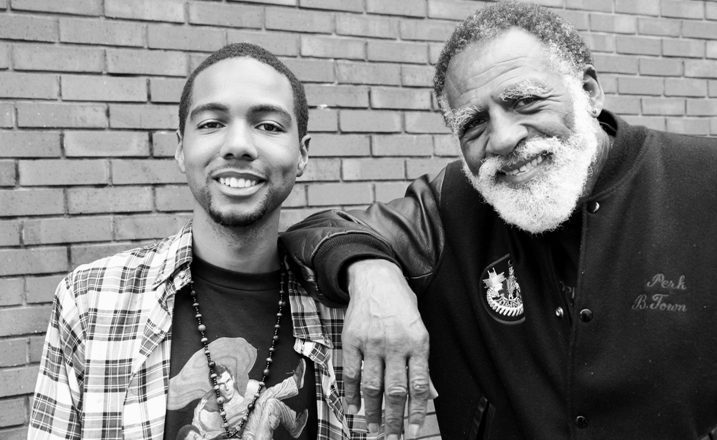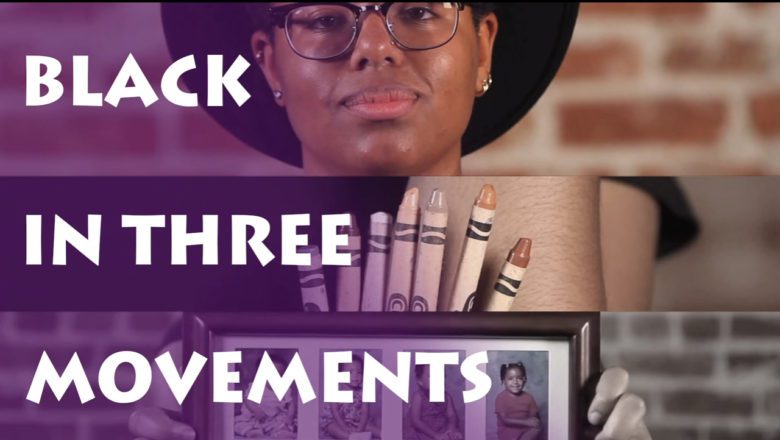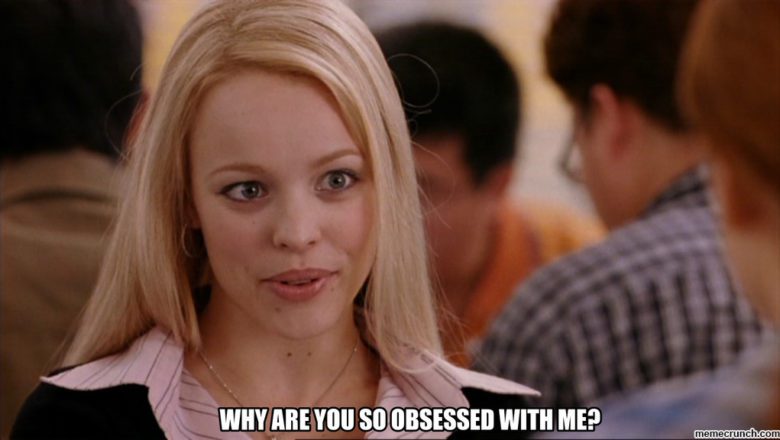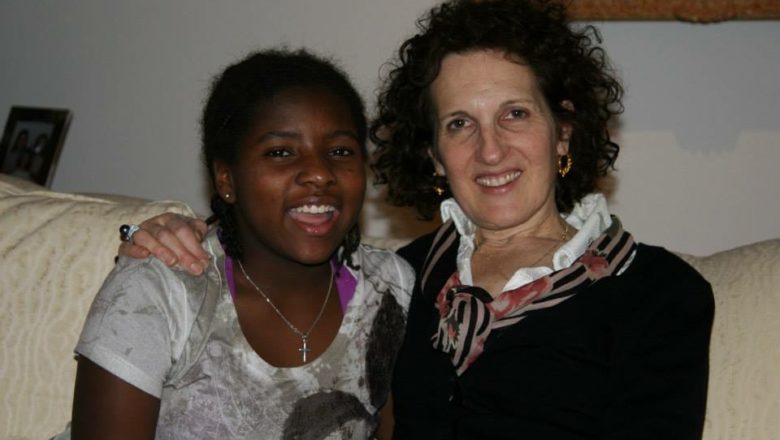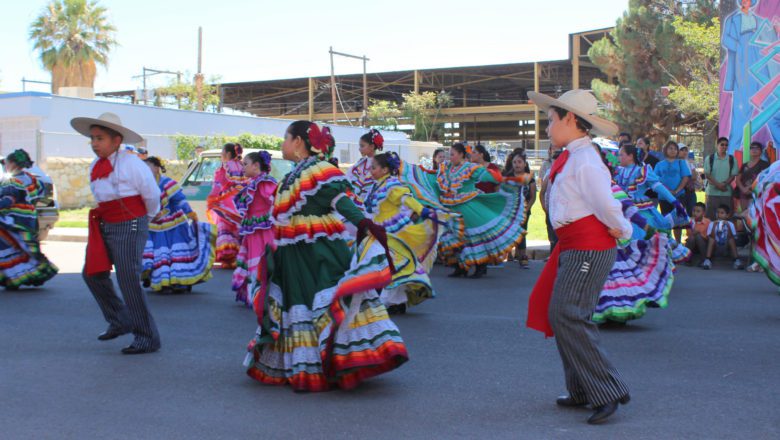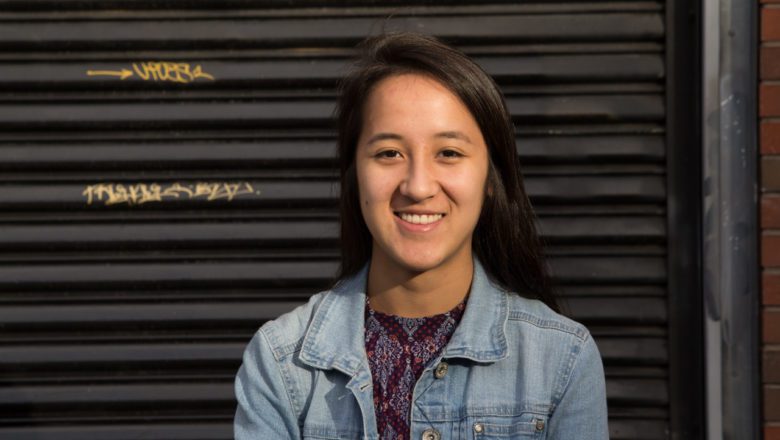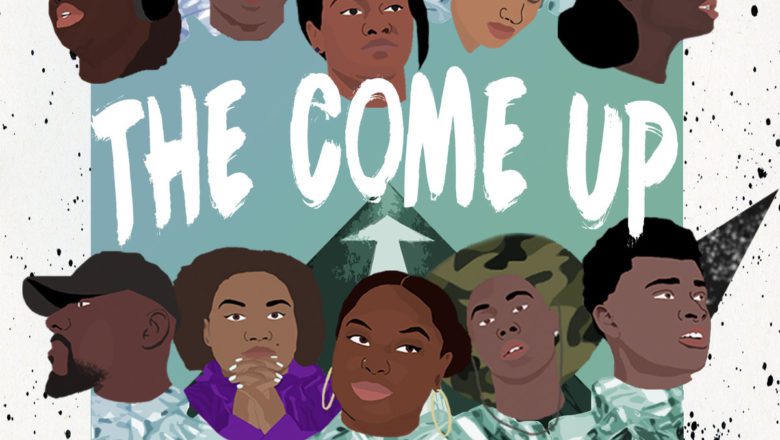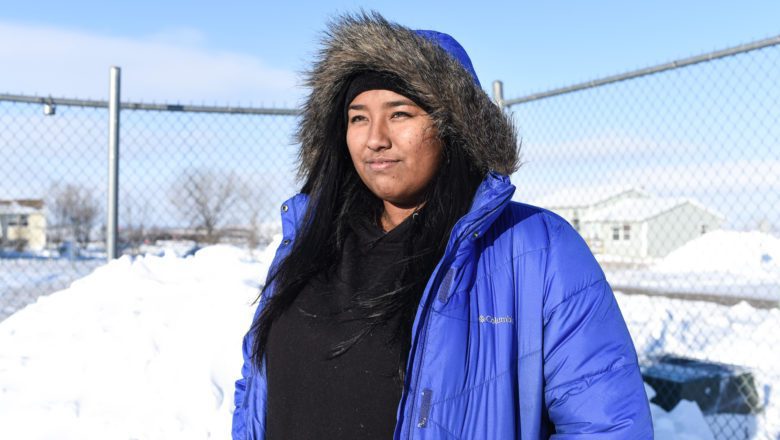Youth Radio in the NYTimes, Race/Related newsletter
As part of our partnership with the New York Times Race/Related, Youth Radio correspondents from around the country described their lasting memories of a first encounter with racism. Whether it was being stopped by a police officer, called a racial slur by kids in elementary school, or experiencing stereotypes as an unaccompanied minor in a new country, these experiences shaped who they are today.
Youth Radio has a long history of reporting on issues of race and identity. The work represents the heart of what we do: exploring society’s most complicated issues through the experiences of young people. We’ve gathered some of our reporters’ most memorable stories on these issues below.

Riley Lockett, 16, Black – Oakland, California
About a month ago, I was walking to the BART station from school, sipping on soda, and listening to a podcast when I noticed a blue uniform following me like a shadow. It was a white police officer. He scanned me like he was the Terminator trying to see if I was a threat. I had never been stopped by a cop before. But I wasn’t scared or even nervous. I was prepared.
Read the rest of Riley’s essay here…

Marianne Nacanaynay, 15, Filipina – Mountlake Terrace, Washington
The first time someone directed a racial slur towards me, I was at a pizza place in Everett, a town in western Washington State…I was waiting outside of the restaurant and chatting on the phone, when out of the corner of my eye, I saw two dudes walking by. They were young-looking — teens or 20-somethings — with light skin and blonde/brown hair. As they passed me, I heard them laugh and say, “f—king chink.”
It took me a few moments to process what I had just heard. I was taken aback, but not exactly surprised. After all, there I was, a Filipina reporter covering a Pro-Trump rally.
Read the rest of Marianne’s essay here…

Maya James, 19, Biracial (Black/White) – Traverse City, Michigan
Shortly after enrolling in elementary school, one of my classmates threw the n-word at me in a small scuffle. I cannot remember what the little boy was so upset about — it was probably something elementary school students usually get upset about. Maybe I was hogging the markers; maybe I cut in line, or vice versa.
It was the first time I had ever heard that word. I didn’t know how to react. I had many questions. Should I be upset? Could I call the white student the n-word too? Who invented this word? Do adults use the word?
Read the rest of Maya’s essay here…

Jose, 16, Salvadoran – Los Angeles, California
(Jose is using his first name only to protect his privacy. His essay has been translated from Spanish to English)
I remember the first day I learned what American “racism” means. My friend and I were walking home from school, and we walked by a white couple. They looked at us and started talking to each other in hushed tones. We couldn’t understand everything they said, but we caught some bad stuff about Latinos and immigration, and we knew they were talking about us. We just kept on walking. It’s not worth getting into a back-and-forth. It’s better just to be quiet.
They don’t know the stuff that we had to go through back home.
Read the rest of Jose’s essay here…
More Race-Related Stories
How ‘Positive’ Stereotypes Hurt Asian-Americans Like Me
It shouldn’t be a newsflash that not all Asian-Americans do well in school, but the model minority stereotype makes the actual problems in these communities invisible.
Undercover “Muslim”: My Hidden Islamic Heritage
Nabra Hassanen was my same age. And given a different path, her fate could have been mine.
Life With A Deported Parent
Zola Cervantes, 17, knows the impact deportation can have on a family first hand. Her dad was deported when she was 11. This story was produced by Youth Radio in collaboration with Boyle Heights Beat.
Coming Of Age In The Era Of Oscar Grant And Trayvon Martin
I was the same age as Trayvon Martin when he was killed. It was the first shooting case that got national attention where I felt connected — like I could relate.
City Slam: Black In Three Movements
Youth Radio’s Soraya Shockley shares a lesson she learned from a kindergarten experience where she had to choose a crayon to match her skin tone.
Learning To Love My Dark Skin
As a brown-skinned girl, my summers were once filled with self depravation. I avoided going swimming or out to an amusement park because of worry I would get darker.
Netflix and Chill Out, Y’all: A Review Of ‘Dear White People’
Before you get mad, you should actually watch the show.
DIY Toolkit: How Teens Want You To Teach #BlackLivesMatter
Youth Radio teens and teachers sat down together to come up with a lesson plan for how educators can facilitate a productive conversation about race, police and violence, grounded in a collection of stories created by Youth Radio’s reporters and commentators.
How I Learned I Didn’t Need To Be A Rich, White Girl To Be Happy
I never wanted to invite people over to my house because I thought that they would take one look at our shabby one-story home in what they would call the “ghetto” and go running back to their perfect, suburban, gated communities.
What It’s Like To Be Transracially Adopted Into A White Family
When I was a little kid, I didn’t really care that my new mom was white. As I got older, though, race became more important
Am I Latina Enough?
I take a lot of pride in my Chicana heritage, even though my authenticity gets questioned all the time.
Mixed Race Privilege?
Recently, commentator Sierra Fang-Horvath participated in a school-wide diversity exercise that revealed more than she ever expected.
Growing Up In The Projects: “A Part Of Who I Am”
Like most kids raised in the projects, my goal is to get out. But it’s not that easy.
Oakland Mix Tape: The Come Up
Youth Radio’s Arts Team has put together a mix tape of Oakland’s best youth-made songs. The long awaited Remix Your Life mixtape…
Lakota Teen Finds Her Future At Standing Rock
Photographer Avery White has been embedded with the Water Protectors of Standing Rock, documenting the efforts to block the Dakota Access pipeline. She shares with us this interview with Khannie Saengphachanh, an 18 year old Water Protector.
I’m Not Here For Your Microaggressions
I often get praised for my intelligence. Even though that sounds like a compliment, sometimes the implication is: You’re smart…for a Black girl.
